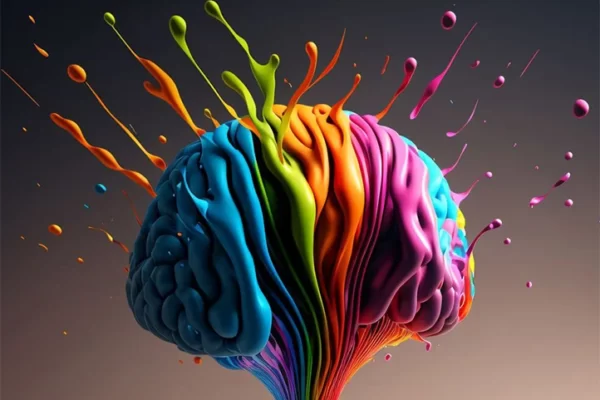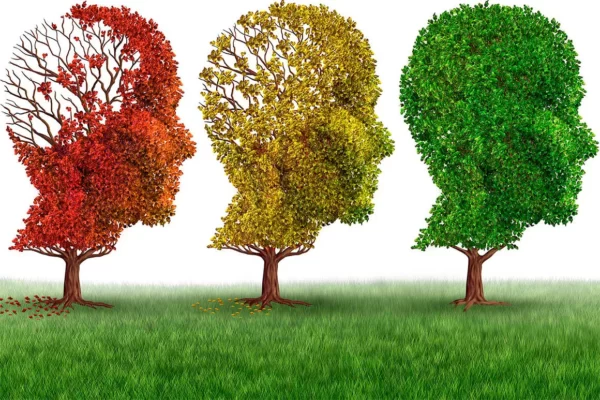Transpersonal psychology is a relatively new but rapidly developing field of psychology that focuses on studying states of consciousness that go beyond ordinary individual experience. It offers a holistic approach to understanding human nature, recognizing the importance of the spiritual dimension and the pursuit of self-actualization and transcendence. The goals of transpersonal psychology include expanding […]
Legal Psychology: the Study of Mental Processes in the Legal Field
Legal psychology is a branch of psychology that deals with the study of psychological aspects and processes related to law and the legal system. It covers the examination of psychological factors that influence the behavior of participants in judicial proceedings, including judges, lawyers, victims, witnesses, and criminals.
Rehabilitation Psychology: from Theory to Practice
Rehabilitation psychology is a key area in clinical psychology focused on helping people who have experienced severe physical or psychological trauma, illnesses, or chronic conditions. This type of psychology emphasizes restoring functionality, improving quality of life, increasing independence, and enhancing social adaptation of patients.
Narrative Psychology: How Stories Shape Our Lives
Narrative psychology is a field of psychology that studies the roles and functions of narratives (stories) in our psyche and life. The main idea of narrative psychology is that the stories we create and tell are an important part of shaping our identity, behavior, self-perception, and perception of the world around us.
Gestalt Psychology: When the Whole is Greater Than the Sum of Its Parts
Gestalt psychology is a branch of psychology that emphasizes the wholeness of perception and the organization of mental processes, based on the principle that the whole is not equal to the sum of its parts. The history of its emergence dates back to the early 20th century and is associated with a critique of structuralism […]
Social Psychology: The Web of Interpersonal Relationships
Social psychology is a scientific discipline that studies how an individual’s perception, thinking, feelings, and behavior are shaped and changed by the influence of others. It explores how people interact with each other and respond to social stimuli. The key aspects of social psychology include the study of social perception, attitudes, beliefs, group behavior, interpersonal […]
World Famous Psychologists: Key Figures and Their Influence on World Science
Psychology is the science that studies perception, behavior, feelings, thoughts, actions, and other mental processes of a person. It seeks to answer questions about why we do what we do and how emotions, experiences, and thoughts shape our lives. Renowned psychologists such as Freud, Jung, Maslow, and many others have made significant contributions to this […]
Cognitive Psychology: New Perspectives in Understanding the Human Mind
Cognitive psychology is a branch of psychology that studies internal brain processes, including perception, attention, memory, and thinking, and examines how people understand, process, and remember information. Cognitive psychology uses scientific methods to explore thought processes and forms the foundation of many other psychological disciplines, such as educational, clinical, and social psychology.
Positive Psychology: A Scientific Approach to True Happiness
Positive psychology is a branch of psychology that studies the positive aspects of human experience, such as positive emotions, happiness, gratitude, love, empathy, optimism, resilience, and how these positives can be used to improve the quality of life. It also explores willpower, life satisfaction, mindfulness, and many other aspects that contribute to our well-being.
Psychological Aikido: How to Stay Strong Under Any Circumstances
Psychological Aikido is an approach in psychology based on the principles of Aikido, a Japanese martial art that emphasizes using an opponent’s energy to one’s advantage rather than engaging in direct confrontation.
What it Takes to Become a Psychologist: Intertwining Science and Art in One Profession
Psychology as a profession is a field dedicated to the study of human behavioral and cognitive functions. Psychologists conduct research and apply their findings to help people manage and resolve various issues related to the mind, behavior, and emotional state.
Provocative Psychology: New Horizons in the Study of the Human Psyche
Provocative psychology is a psychotherapeutic approach based on the use of provocative methods and techniques to elicit strong emotional, cognitive, or behavioral reactions in clients or subjects. But for what purpose? That’s what we will discuss today.
What is the Difference Between a Psychologist, a Psychotherapist and a Psychiatrist: Debunking Myths
In short, a psychologist is a specialist with a higher education in psychology, trained to help people cope with life problems, stress, personal crises, and other issues related to the psyche and behavior, but they do not have medical training and cannot prescribe medication.
Why We Need Psychologists: Healers of Ailing Souls in the Digital Age
A psychologist is a specialist with professional skills and knowledge in the field of psychology, the science of human behavior and thinking. Psychologists study various aspects of human experience, including emotions, perception, thinking, motivation, interpersonal relationships, and group dynamics.
What is Psychotechnics and How to Apply it in Everyday Life?
Psychotechnique is a direction in psychology that includes methods and techniques aimed at consciously managing one’s consciousness, behavior, and emotional state. These are tools that allow for interaction with an individual’s inner world, thereby influencing their external behavior and reactions.














